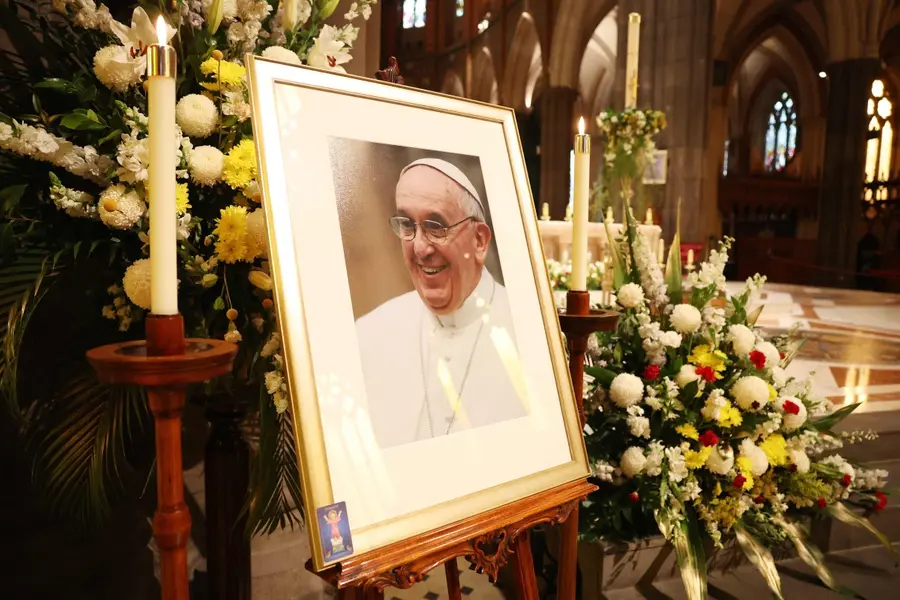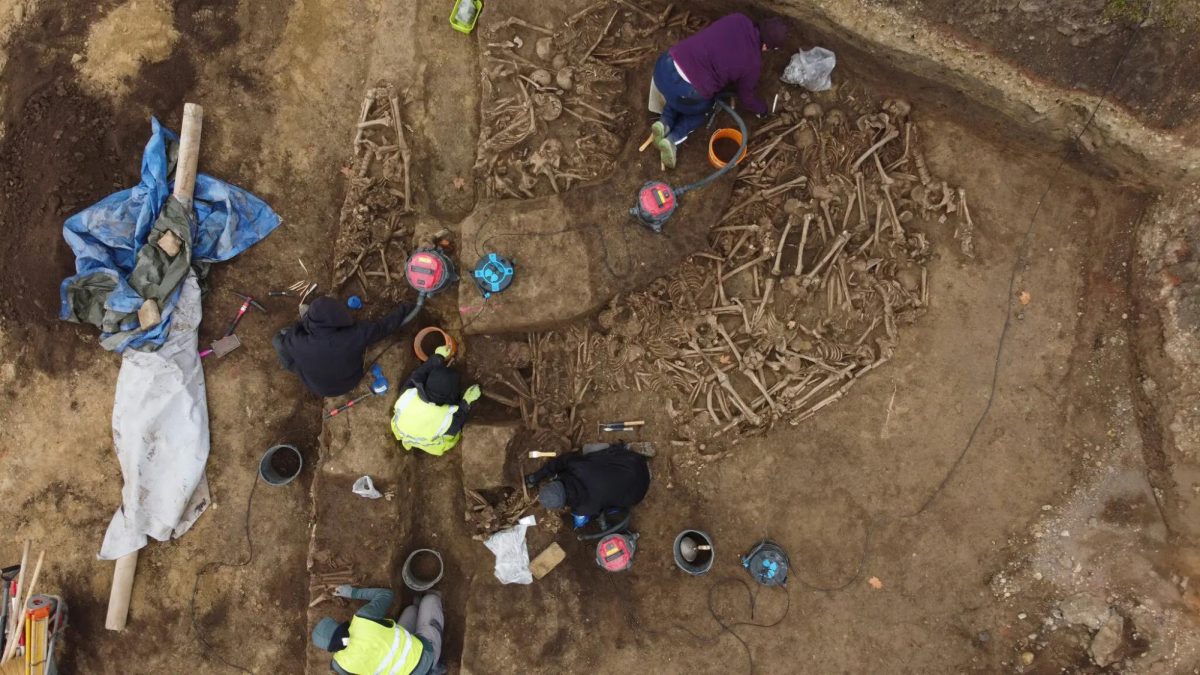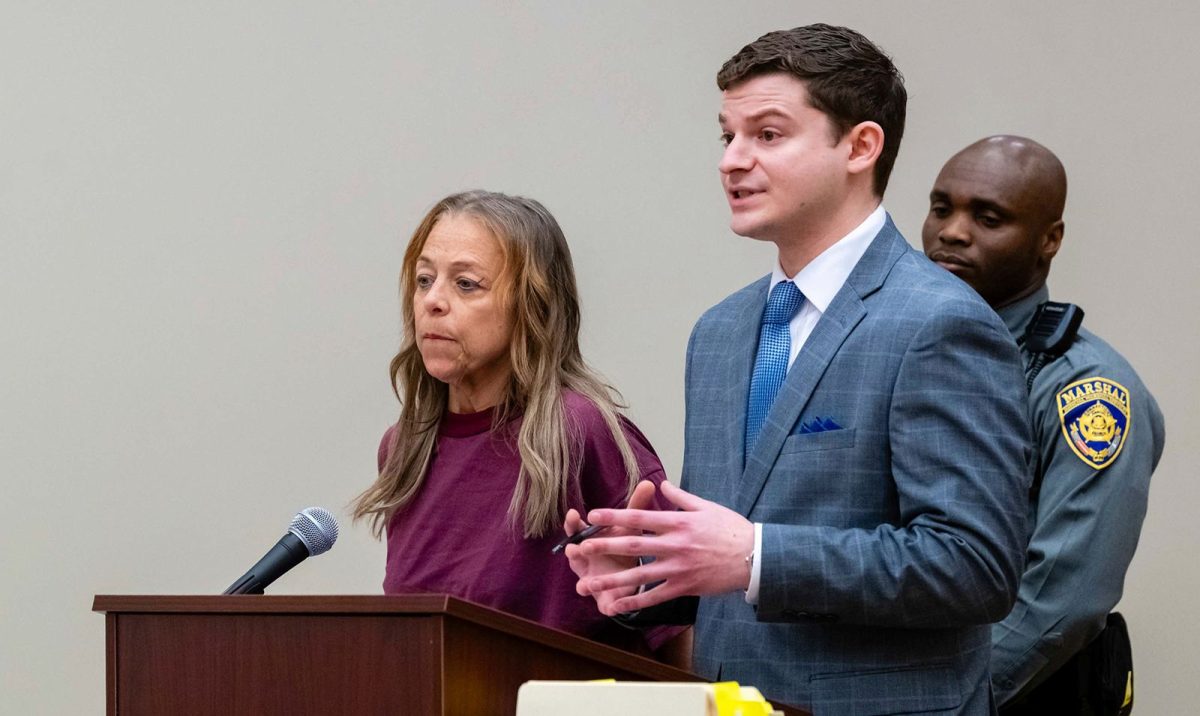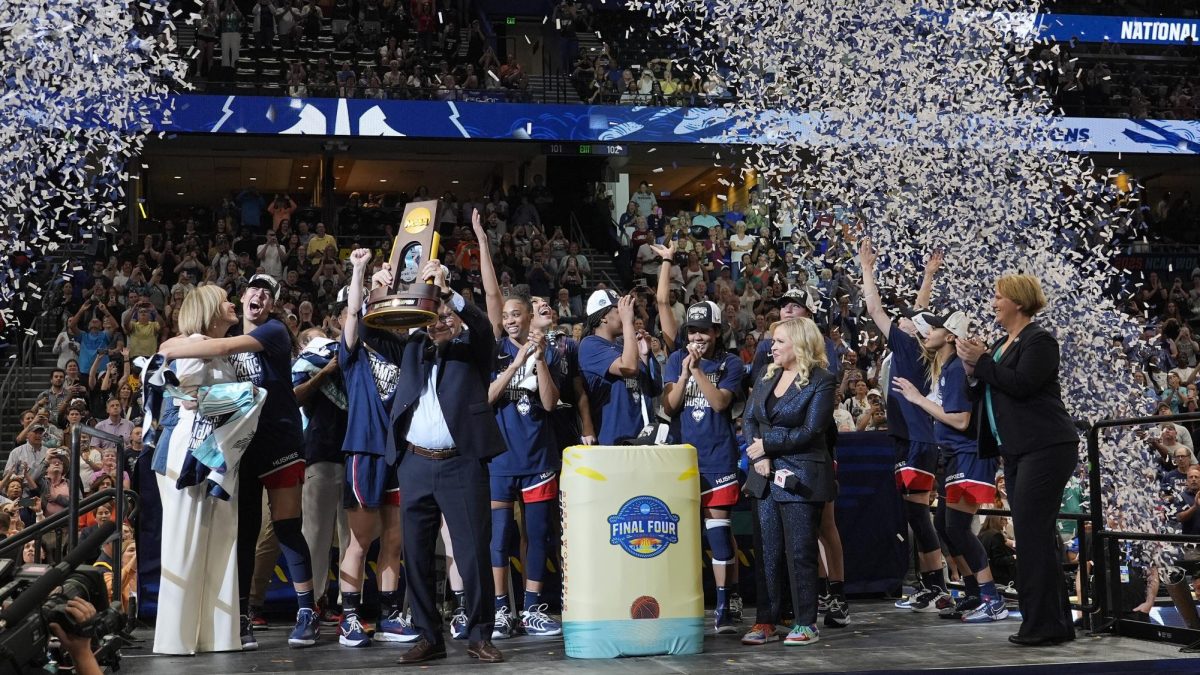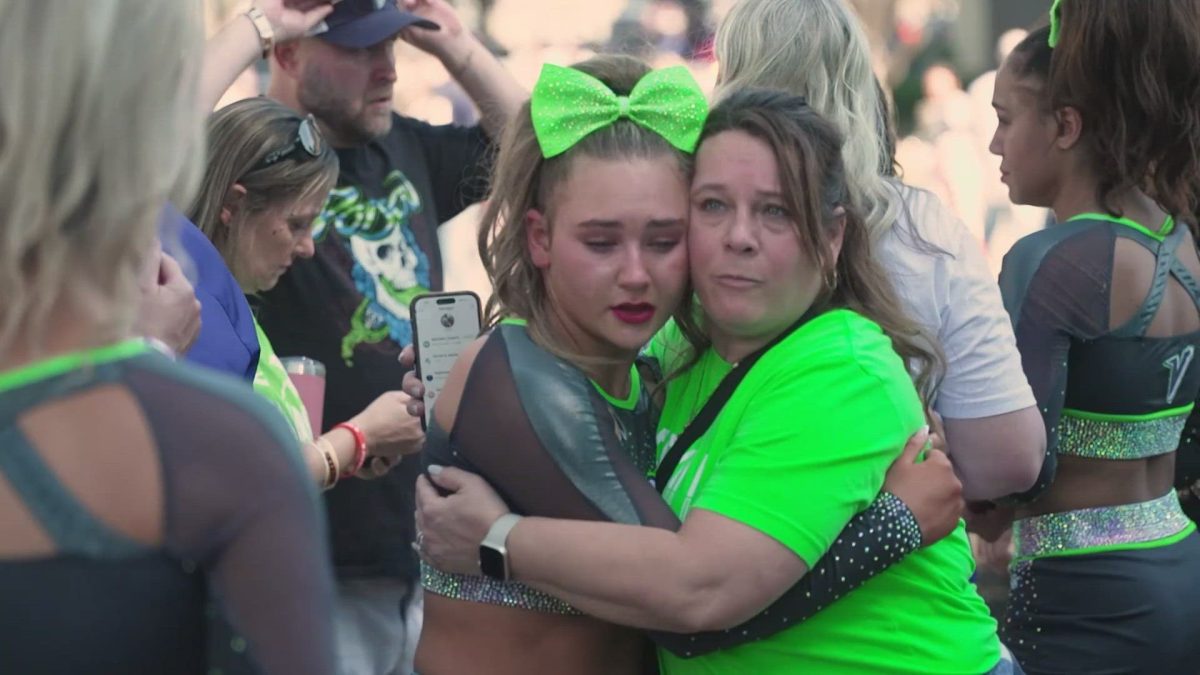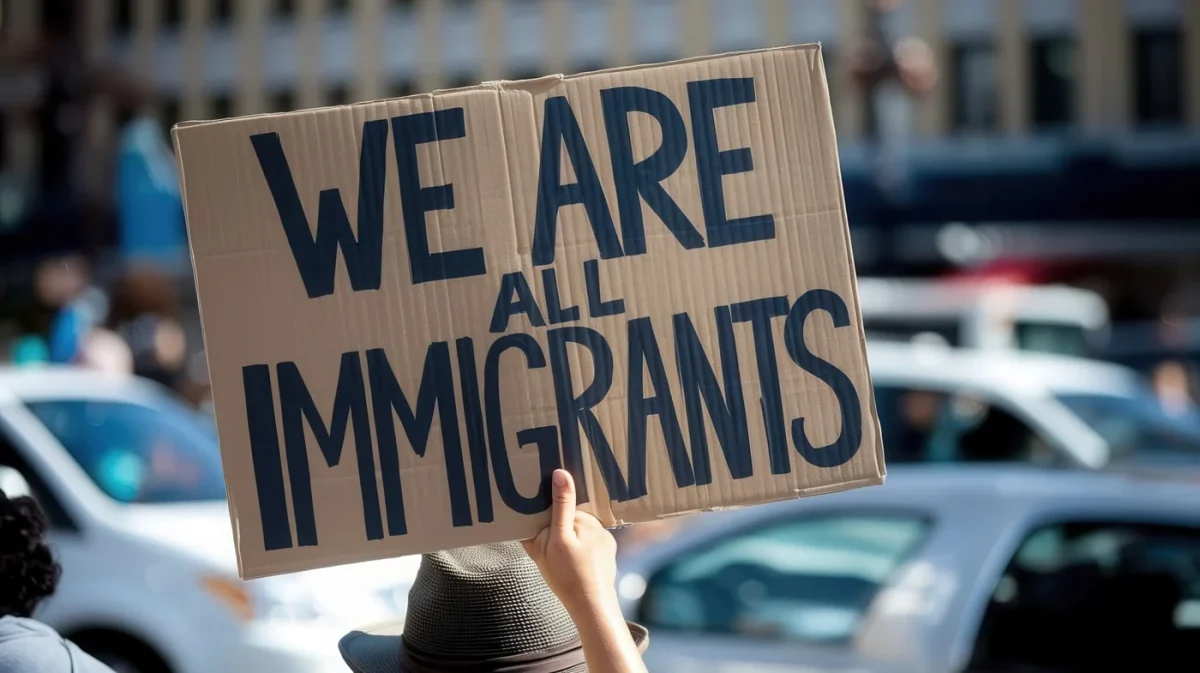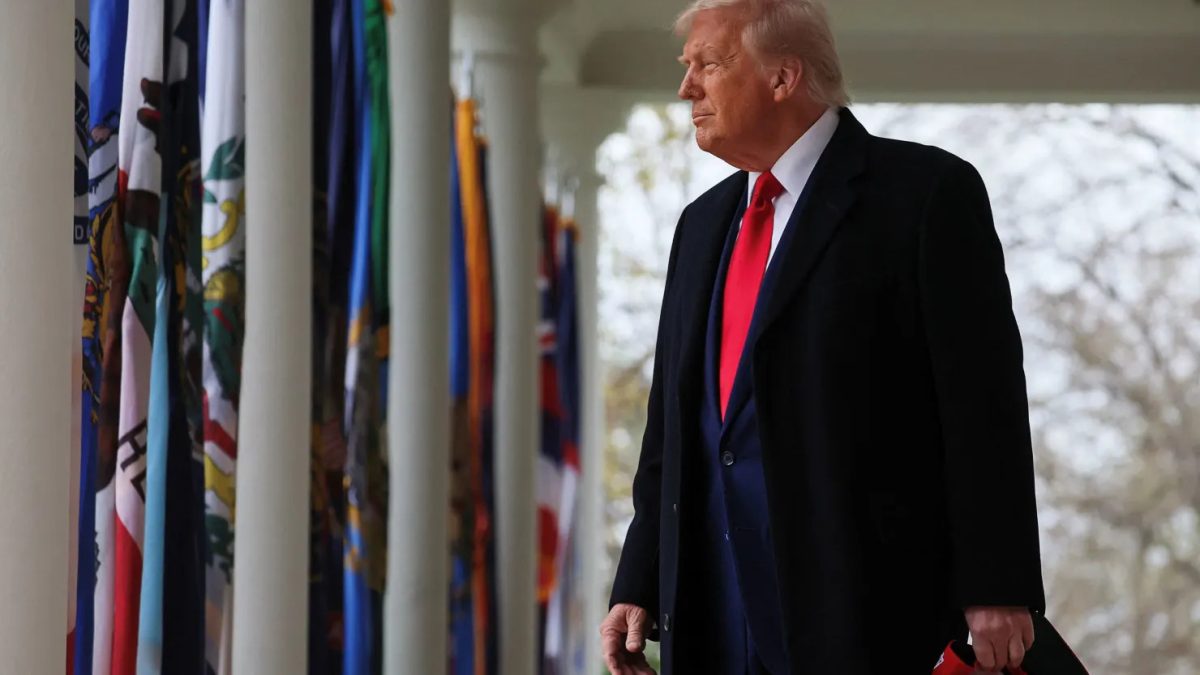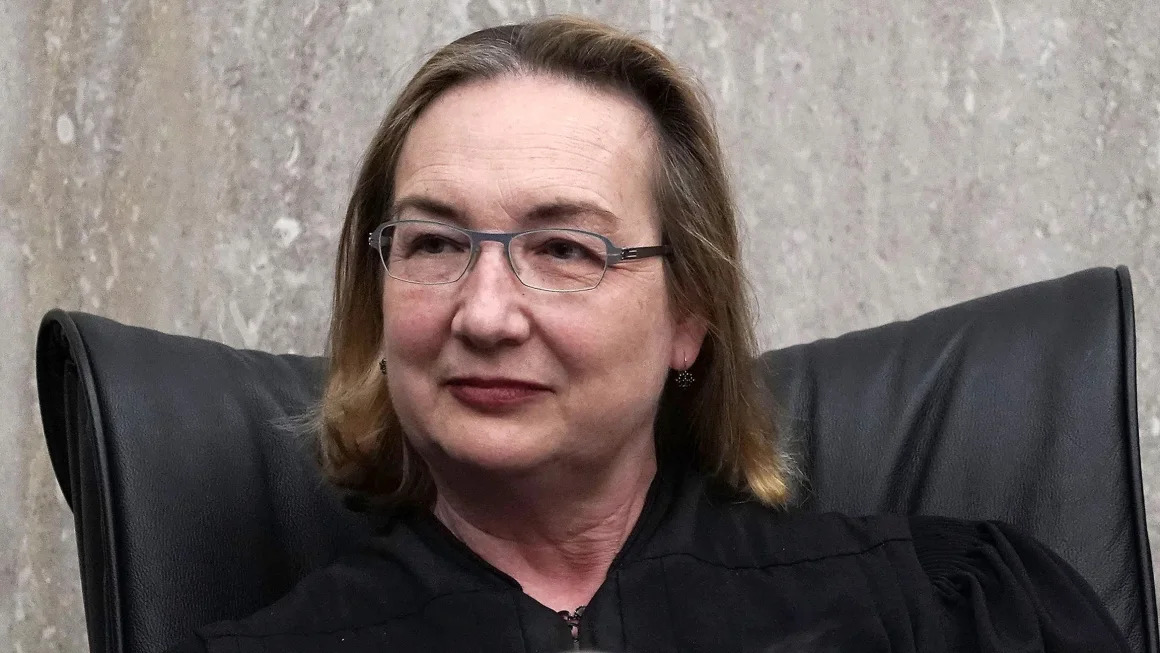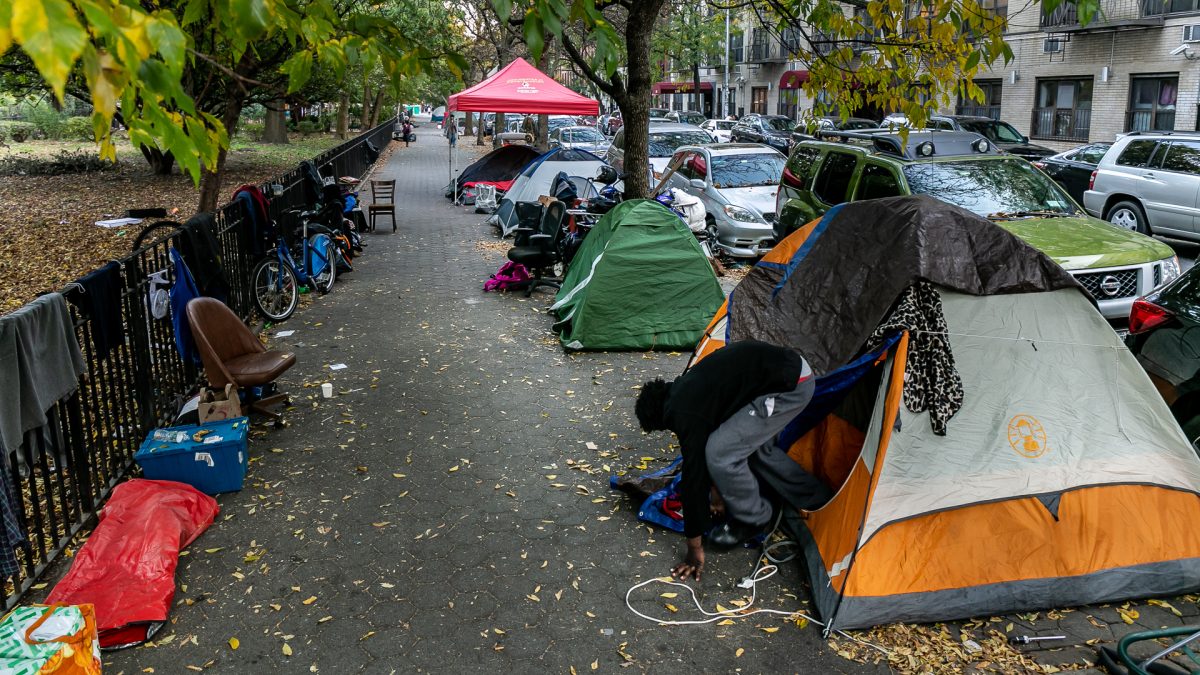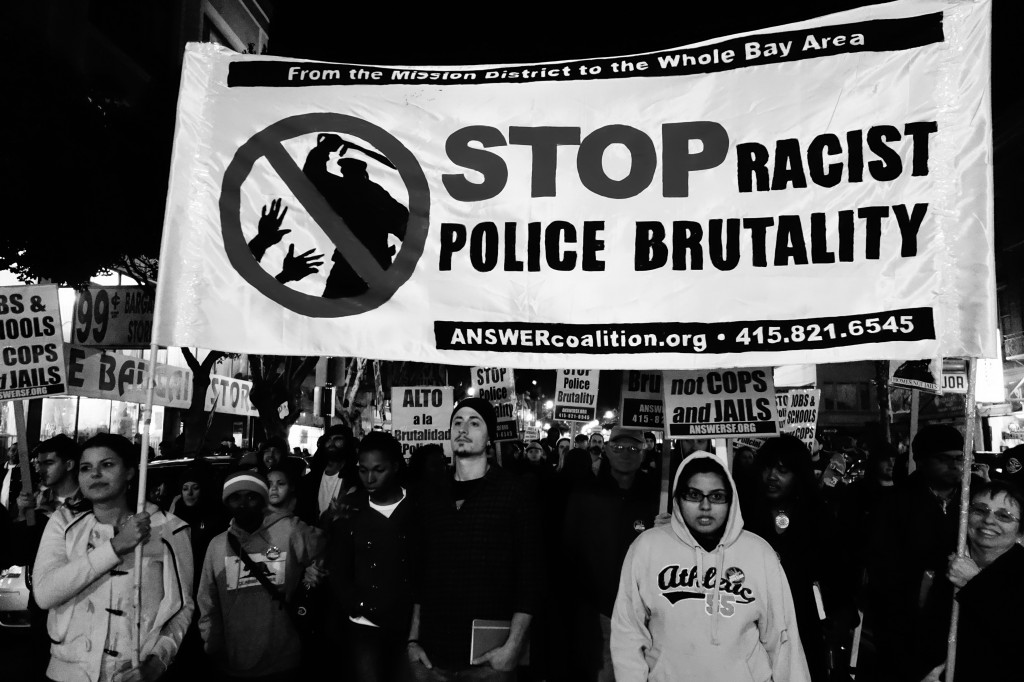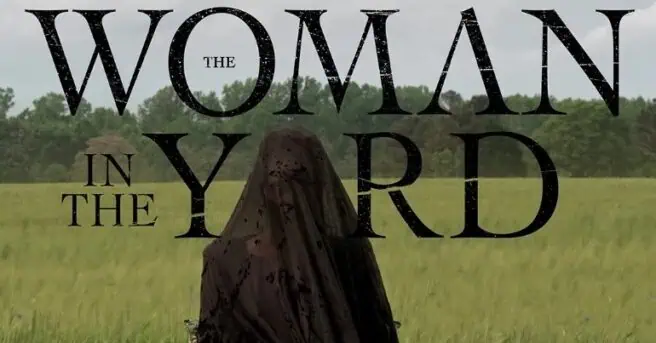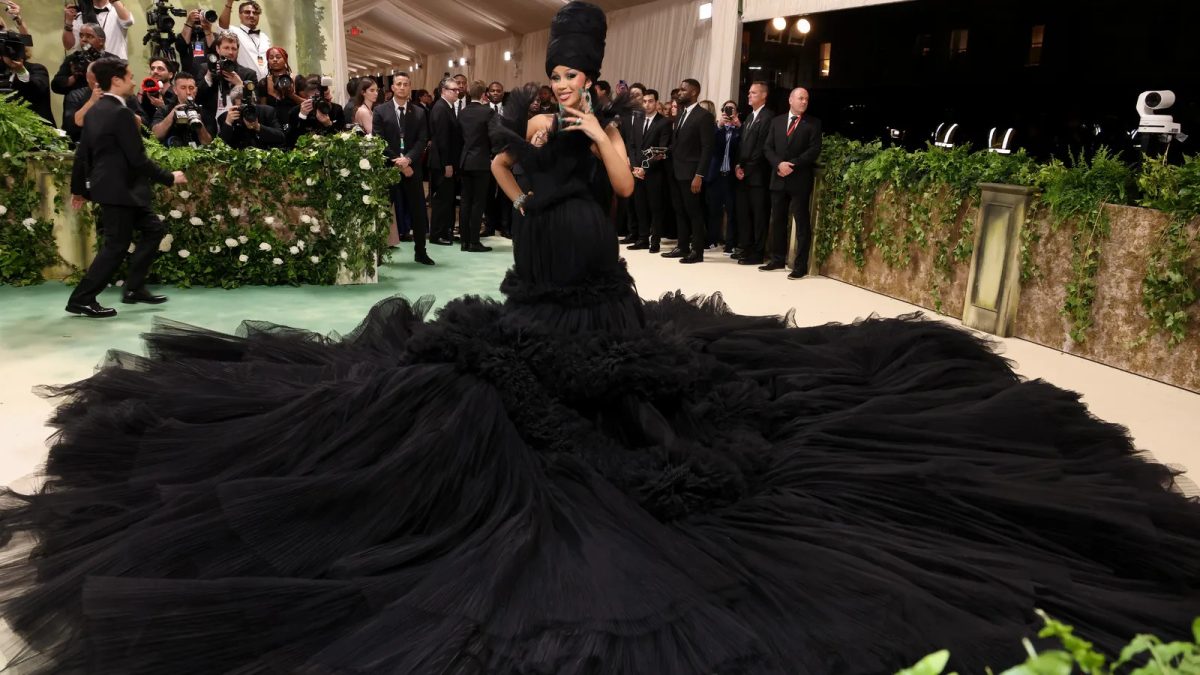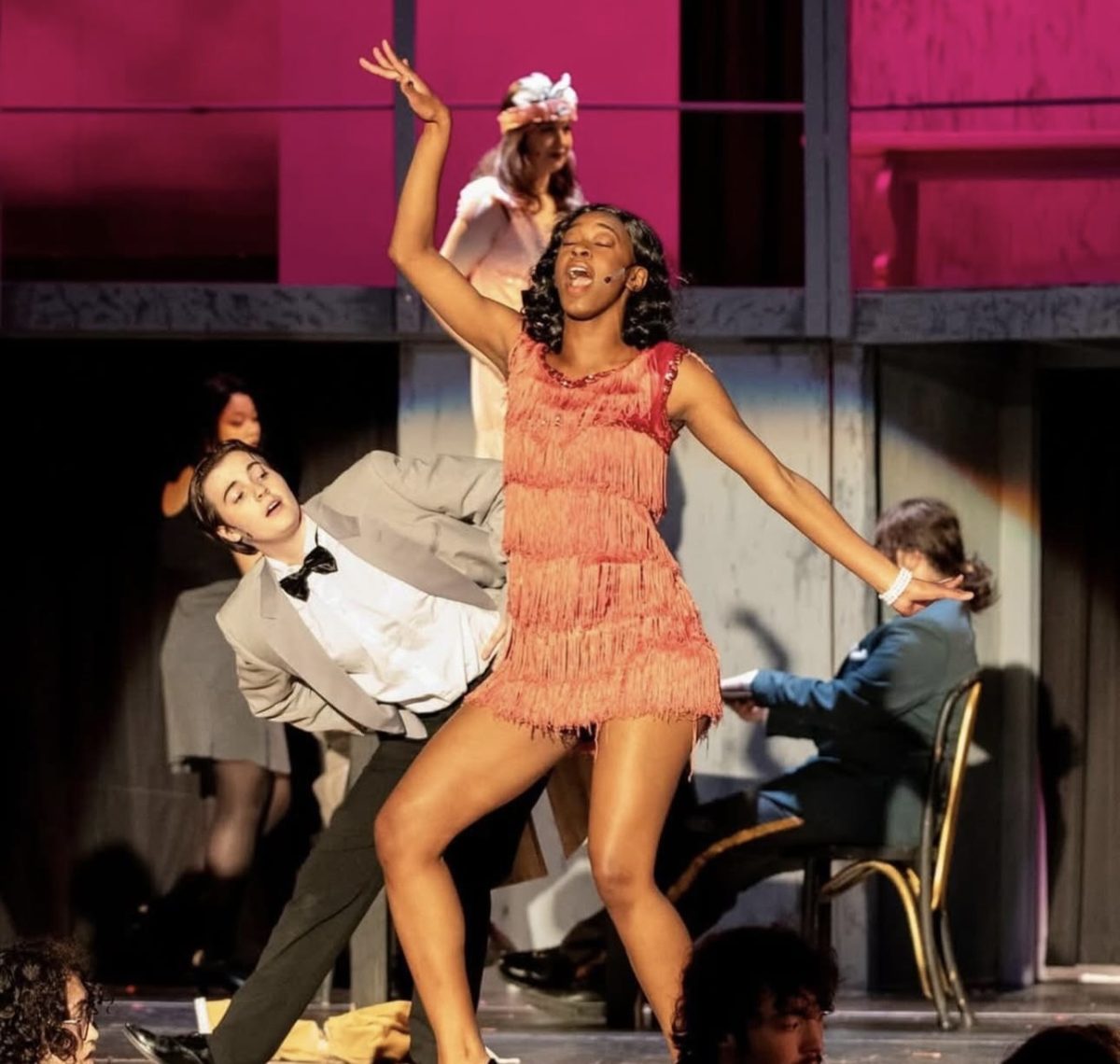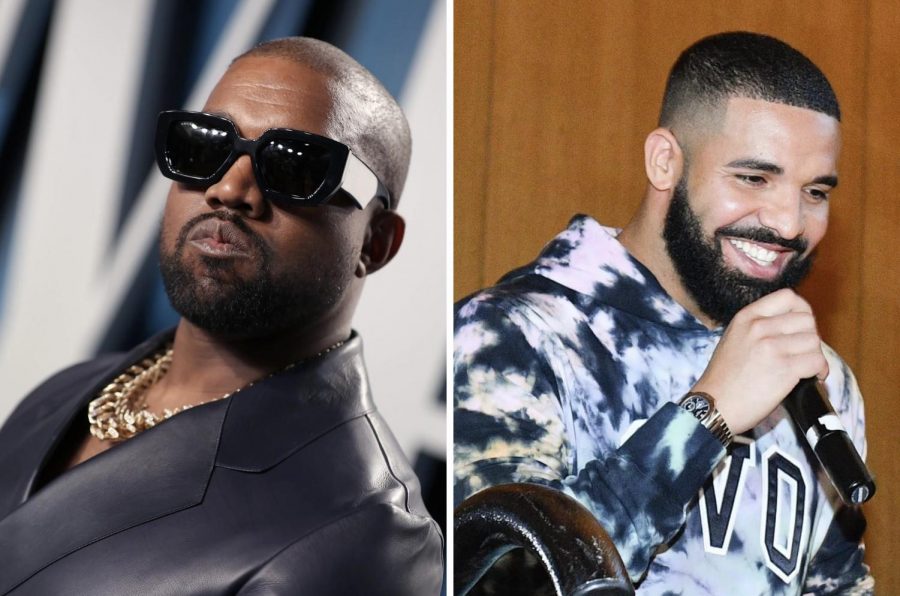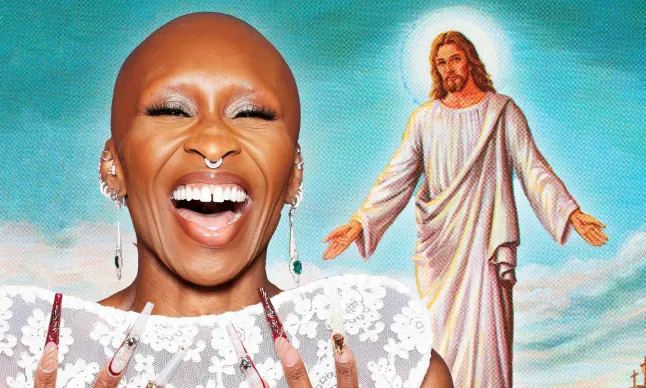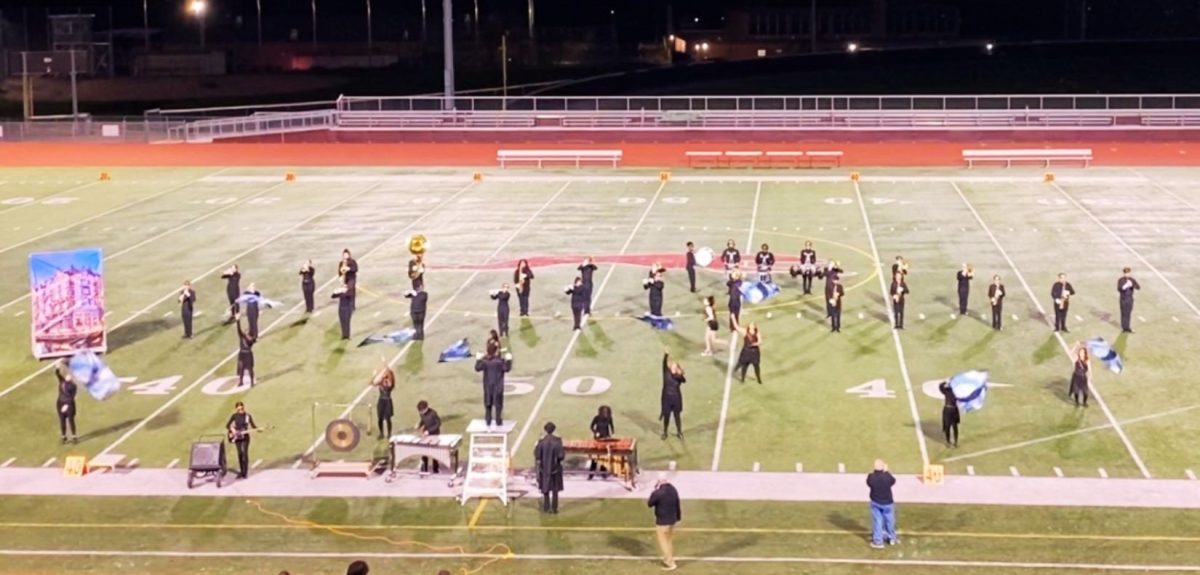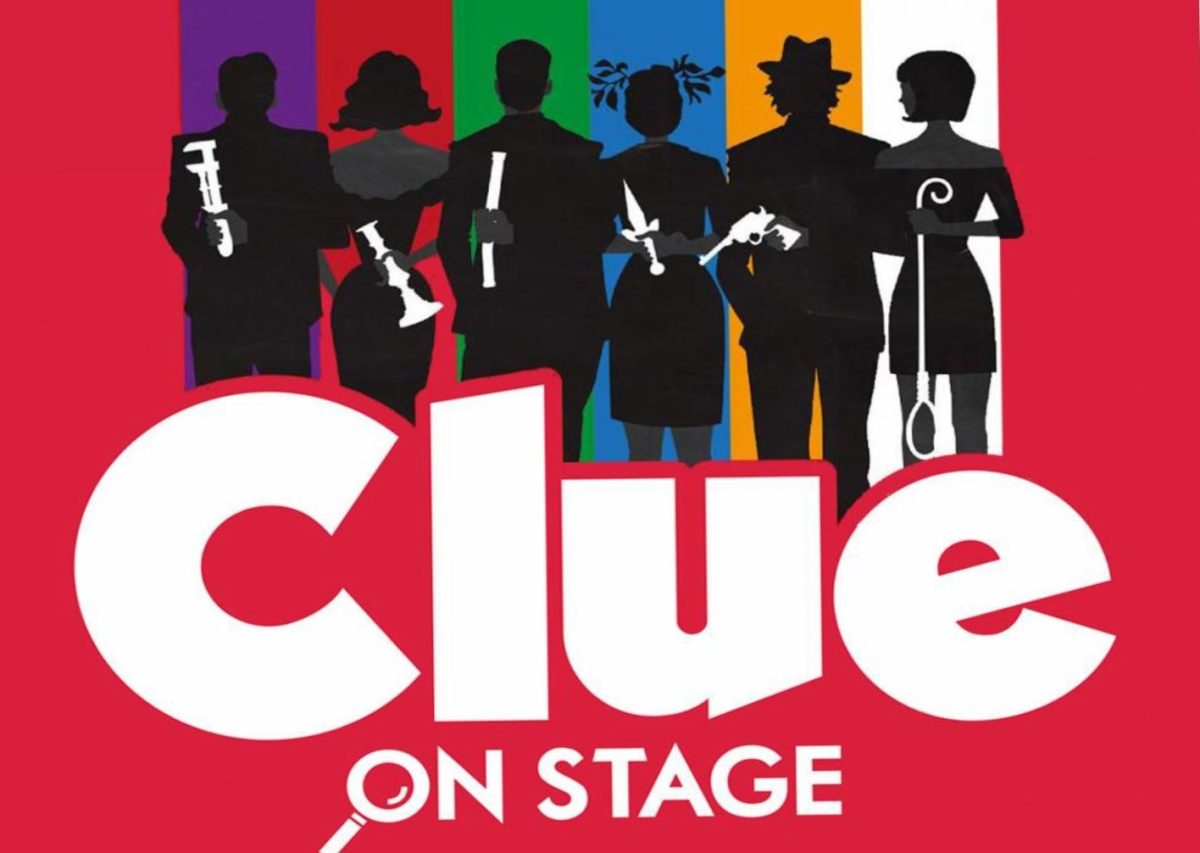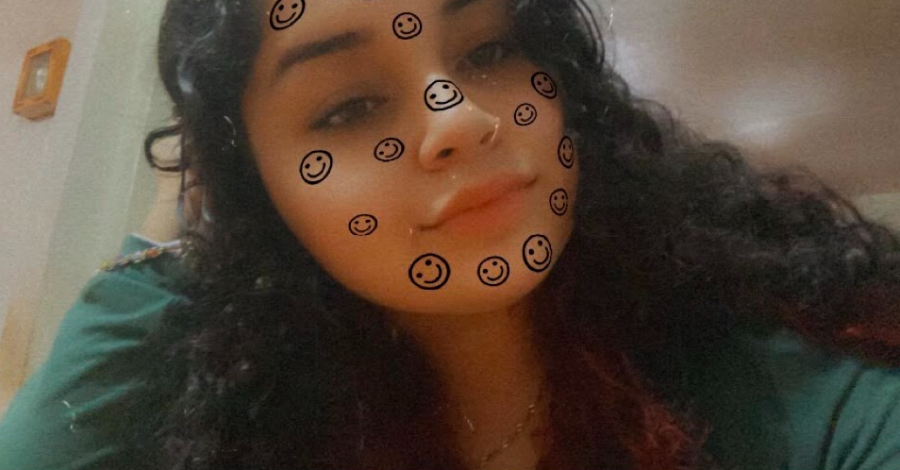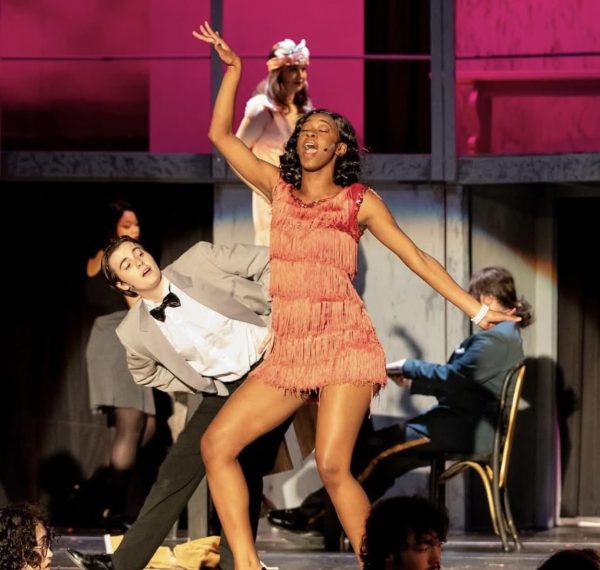Hispanic Student Spotlight: Angeleen Fundora
Angeleen Fundora, a senior at MHS voices her perspective on the Manchester community. Fundora is from Miami, Florida, but is of Hispanic descent: Her grandparents originated from Cuba and Puerto Rico while her father is from the Dominican Republic. In her birthplace, she resided in a Hispanic-dominated neighborhood. She was embraced by her fellow Hispanics and was enriched in its culture.
“In my community, I do feel represented. It’s like a safe space, where I am comfortable to the point of accepting who I am, and cherishing my culture, as other people don’t get the same opportunity,” said Fundora.
She adds, “My background has helped shape me because I was raised around Hispanic people. I ate plenty of Hispanic food, as well as spoke Spanish frequently since my grandfather couldn’t speak English.”
Fundora’s grandparents played a significant role in who she is today. Her grandfather, or as she refers to him, Abuelo, arrived in America on a boat. Her Abuela arrived in America with her family at a young age.
She said, “It taught me to be grateful for the things I have in life, and how I should cherish every memory I make.”
Not only did Fundora learn valuable lessons from her Abuelos, she was brought up in a Catholic and patriotic household. Every year she participates in Lent, a religious holiday, where followers prepare for Easter by fasting for 40 days in honor of Jesus Christ.
Fundora says, “we believe in God, as we had some Catholic beliefs.”
Furthermore, her family celebrates Cuban Independence Day and Cinco de Mayo. Angeleen and her family’s patriotism do come with some common misconceptions that people have about their background.
Many people misidentify her and her family due to their appearance and assume they belong to another Hispanic heritage or to be not Hispanic at all. This stems from the misconception of Hispanic heritage and their believed to be associated skin tones.
“I think on the Dominican aspect, they can range from different skin tones, but since Cuba and Puerto Rico mostly have light skin tones, there are some people you wouldn’t expect to have a Hispanic background,” Fundora said.
Despite the downside that comes with her appearance in correlation to her heritage, Fundora is grateful that Hispanic Heritage is represented every year. “It is represented throughout one month of the year, like black history month,” Fundora voices.
“The fact that it’s even represented one day out of the year is a lot. I think we should be grateful for having a whole month based on our heritage because there are many more races and cultures that deserve to be represented globally,” she added.
Even though Fundora’s heritage and other Hispanic heritages are expressed only once out of the year, she reveals that she is grateful for the representation she is given and acknowledges that there is an improvement to be made with representing other races and cultures.
Fundora also shares her appreciation for the various parades centered around Hispanic Heritage.
“I think it’s special how people who might not share the same culture as you can embrace it to the point where it’s comforting.”
Fundora believes likewise, that specifically MHS represents all Hispanic heritage well and puts effort into representing other heritages.
“There are many activities being offered outside of school which are based around Hispanic Heritage, [The MHS] community also gets involved to include all diversities by celebrating holidays from around the world and celebrating the overall diversity,” Fundora said.
She further acknowledges that “the community includes all Hispanics as a whole, making it a safe space for everyone, and letting them know that they are as equally as important as everyone else.”
Although she feels represented in her community, the same could not be said about how she feels in society, specifically pertaining to the entertainment industry where Hispanics were inaccurately represented.
Fundora addresses that, “we were given the stereotype that we’re criminals and don’t know how to speak English, which was harsh.”
Though as the industry and its viewers became more aware of their harmful stereotypes of Hispanics, many Hispanic actors and actresses were able to play an appropriate role and be the representation their community needed.
Fundora says, “Hispanic people in television shows help other people become more comfortable with who they are as a person.”
It is important to receive feedback from various groups of people with different backgrounds to hear their perspectives, gain insight into their culture, and see what the community is doing well and what we as a whole can improve on. Hispanic Heritage Month is a good opportunity to do so.

